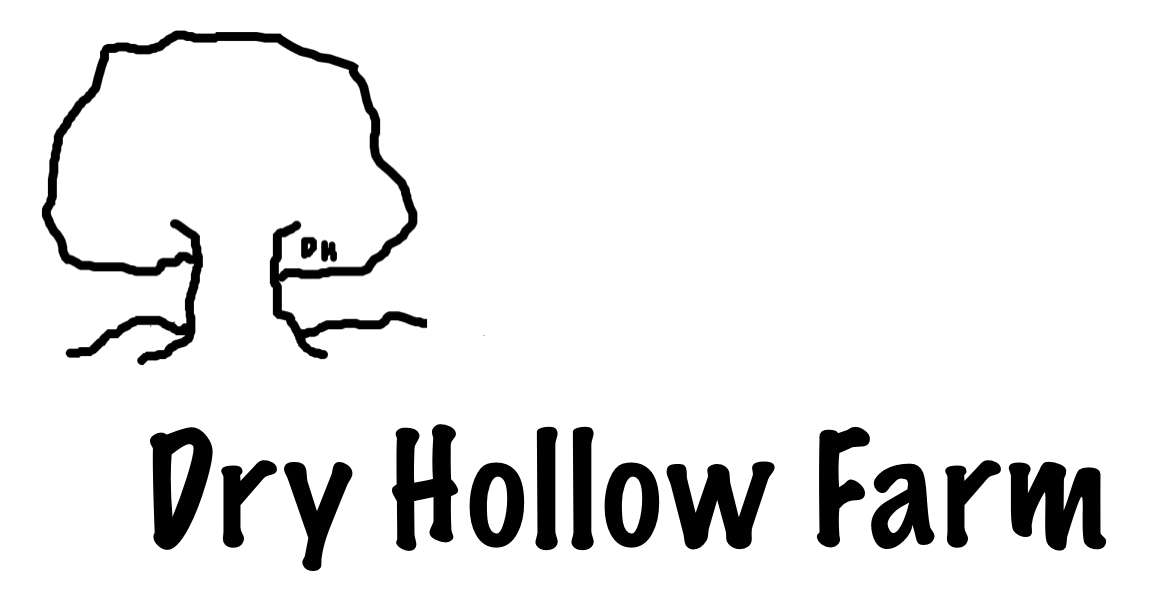Making Soap and Harvesting Wool
Ten years ago when we started Dry Hollow Farm, we had a decision to make. Were we creating a hobby and/or homestead farm model to produce animals, plants, and products for our own personal use? Or, were we committing to an agricultural enterprise?
We have many visitors who tour our farm and ask a myriad of questions regarding sheep, goats, feed, livestock guarding dogs, milk, wool, and plants and herbs. Some have a dream of one day creating a similar place. Some have land and are at the point of choosing an agricultural model. And some already raise animals and produce but are investigating other options.
My question for our visitors is always the same: Are you creating a hobby farm or developing an agricultural enterprise? The answer to this question influences every other decision.
For Dry Hollow Farm, we chose an agricultural enterprise.
Our first year we purchased three Jacob sheep and three Nigerian Dwarf goats - one male and two females of each. These were not pet purchases, but an investment in livestock from which we expected financial return.
Why these breeds? With goats, we had to choose between raising meat goats for human consumption or dairy goats for soap-making (and possibly dairy sales). With sheep, we had to choose between raising sheep primarily for meat sales or primarily for wool sales. Either way, we viewed our animals as part of an agricultural business model.
When soap sales eclipsed milk production by our the smaller breed Nigerian Dwarf goats, we added Nubian dairy goats.
If you are investing in an agricultural enterprise, whether for business sales or family sustainability, every animal decision must support your desired outcomes.
How will this animal (whether as an individual or as a breed) contribute to your farm model?
How will they pay for themselves?
Dr. Kathryn Bush owns and operates Dry Hollow Farm, a working goat and sheep farm in Huntingdon, Tennessee. Together with her husband, Russell, she creates skincare products from their fresh goat milk, grows organic herbs, welcomes visitors to their two cabins on the farm (available for stays through Airbnb), keeps the farm’s on-site soap shop stocked with their handcrafted products, and enjoys working the farm in company with their Great Pyrenees dogs (who work hard guarding the animals). Check out their natural products featuring farm-grown ingredients here, and sign up for the Dry Hollow Farm newsletter to stay in touch and be the first to hear about farm news, events, and new products.
